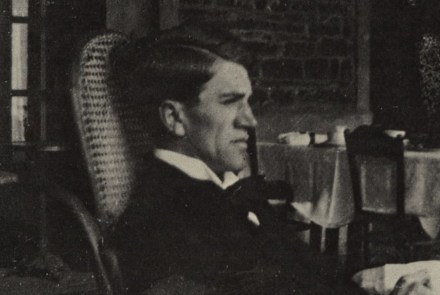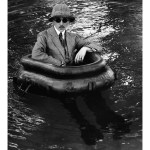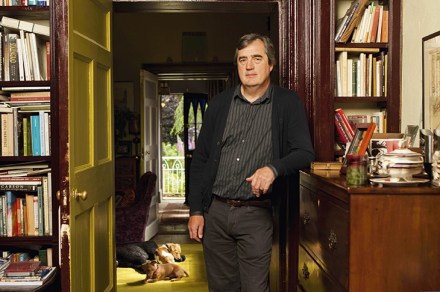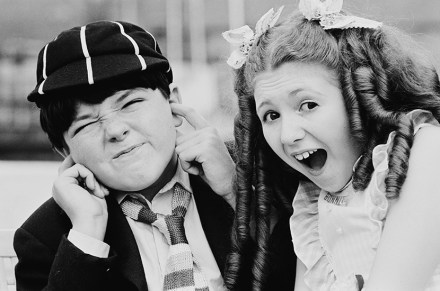The author who made a living measuring the legs of lice
Wilhelm Nero Pilate Barbellion, real name Bruce Frederick Cummings, earned his living measuring the legs of lice in the Natural History Museum. ‘To the lay mind how fantastic this must seem!’ he exclaimed in his journal, before enumerating his enthusiasms for Burton’s Anatomy of Melancholy, names like ‘Mr. Hogsflesh’ and ‘Pickle Herring Street’, and Petticoat Lane on Sunday mornings. The young naturalist had a habit of landing himself in embarrassing situations. He once spotted a pretty woman at the theatre and composed a notice for the classifieds in a bid to find her. The editor sent his missive back supposing he was a white-slave trafficker. Another time, a new mother


















